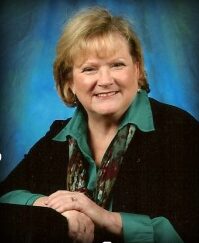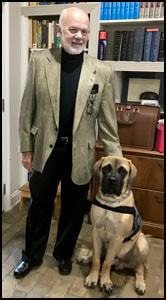Notes From The Field
Welcome to the Wabash Center's blog series:
Notes From The Field
Questions about how to effectively advance student learning abound in higher education. Students bring a host of opportunities and challenges that at times can seem daunting. This series of blogs explores a range of questions pertaining to teaching and learning in North American institutions of higher education. Engage our bloggers as they explore the terrain of pedagogy in North American colleges, universities, and theological schools.
Follow us on Twitter and Facebook to receive announcements of new postings.
Sign up for our eNewsletter to receive timely announcements of Wabash Center programs.
Select an item by clicking its checkbox
We all craft a syllabus for each class, but honestly what is a syllabus and for whom is it written? I hope to expand our vision. The quick and typical answer is: A syllabus is a plan for how we hope to engage students with content and practices of our ...
We get that email from the library staff asking for our book selections for our upcoming course. We have taught the course before, so the library is kind enough to send the list of books we used the last time. In most cases we use the same books, but from ...
“The essence of metaphor is understanding and experiencing something unfamiliar or an abstraction in terms of something familiar and concrete. Thus, our language is an incredibly intricate web of definitions of one thing in terms of another.”[1] Mary Ylvisaker Nilsen’s expansive definition of metaphor applies to teaching—helping students ...
Vice president of the United States, Kamala Harris is known for wearing Chuck Taylor Converse sneakers and pearls that are emblematic of her historical significance as the first African American and South Asian woman to assume this high office. Girls and women everywhere donned the shoes and pearls to celebrate “...
As the Jewish Studies Professor for my department, I teach an undergraduate course in the Holocaust (Sho’ah) every other school year. The remote format of the course now consists of weekly assigned readings and the edited version of class lectures gleaned from earlier years of in-class instruction. Students submit ...




